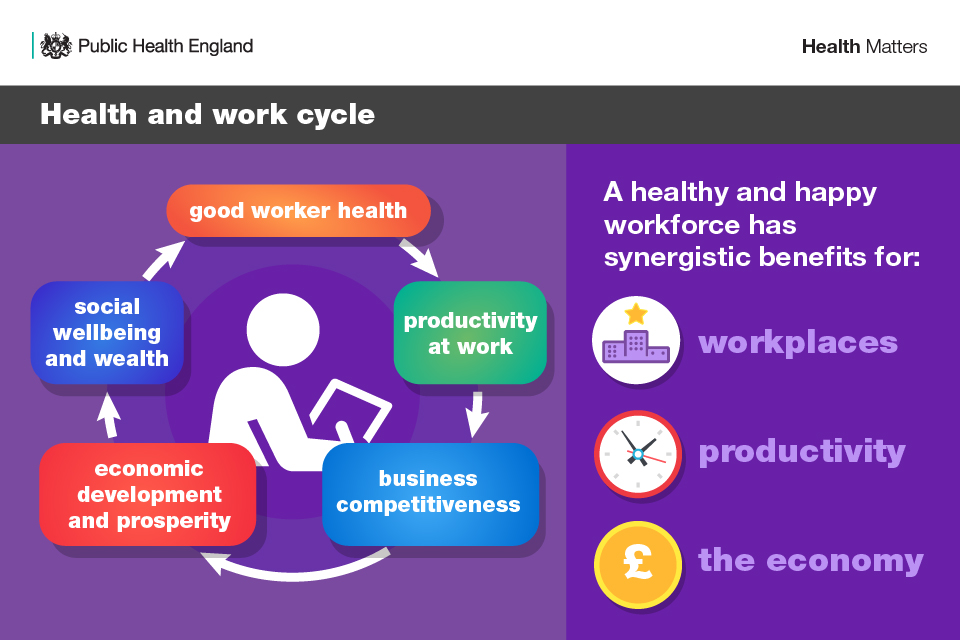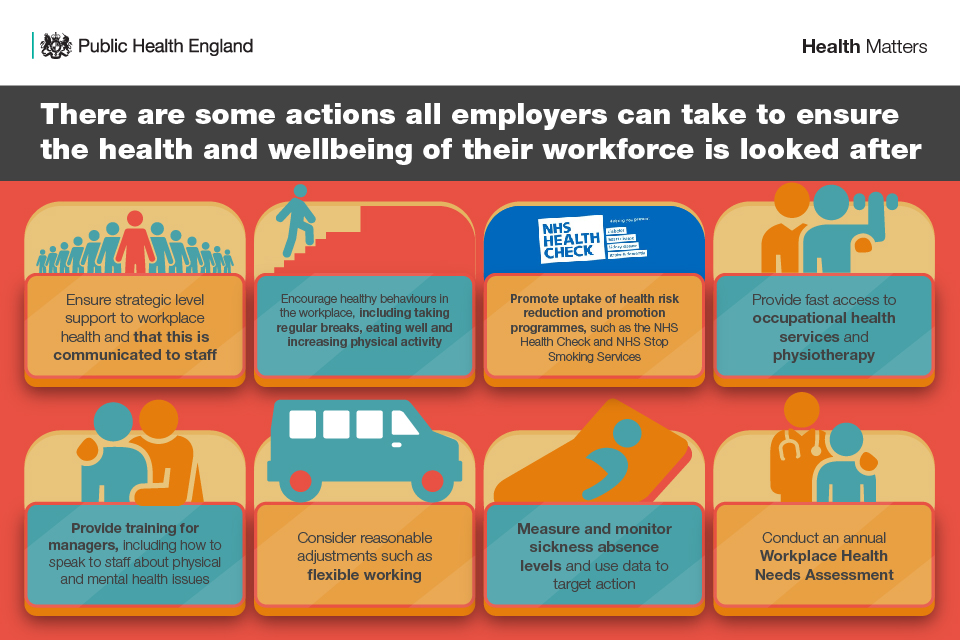
Good mental health in all aspects of our lives is vitally important to be able to lead a fulfilling life. Our mental health impacts our ability to manage our emotions, maintain good relationships and to carry out functions which we would normally take for granted. The types of mental ill health are wide ranging and includes conditions that may not spring to mind as being mental illnesses, such as stress, loneliness and anger. The mental health charity Mind lists 33 different conditions classified as mental ill health and says that 1 in 4 people will suffer from a mental health problem each year in England, with depression and anxiety being the most common diagnosis. Worldwide it is estimated that around 970 million people are affected by mental health issues, with approximately 12% of the female and 9% of the male world population suffering from a disorder.
As well as families and friends also being impacted by the mental ill health of someone close to them, work colleagues, employers and a country’s economy are also affected. In England 72 million working days are lost to mental ill health each year with the economic cost being around £105 billion, with a cost to employers of up to £45 billion, a 16% increase in the last two years. The Deloitte UK Mental Health and Employers survey 2019 highlighted that in SMEs there was a 40% increase in reported common mental health conditions in the past year and a shocking 70% increase in organisations with over 250 employees. The Mental Health at Work 2019 survey found that 2 in every 5 employees experienced poor mental health related to work in the last year. However, disappointingly
‘62% of managers said they have had to put the interests of the organisation above staff well-being’.
Mental Health at Work 2019 Report – Time to Take Ownership
With 9 out of 10 people with mental ill health saying they experience stigma and discrimination it is a moral disregard for colleagues’ to sit back and do nothing. It is also short sighted, as increased staff turnover, work absences, lost productivity and disengaged employees are all repercussions of mental ill health for employers. In a survey of UK adults, 56% said they would not hire someone with depression even if they were the best candidate for the job, and it has been found that you are twice as likely to lose your job if you suffer long term with a mental health condition.

In the current global climate mental ill-health is a growing public health concern and employers are being reminded of their duty of care to their employees to ‘create a safe and healthy workplace’, of which mental health is an important part. According to The Mental Health at Work 2019 survey less than half of employees say that they feel able to talk to their manager about suffering a mental illness. 41% say that when they reported a mental health issue there had been no resulting changes, or actions taken in the workplace. It is critically important that action is taken now, so 100% of employees can talk about their mental health, whether caused by work or not. Employees should have a good understanding of their own mental health and recognise when to seek support, and that they understand and know how to spot the signs of mental ill-health in others. Managers particularly, need to be confident that they understand mental health, know how to identify problems and most importantly how to effectively support team members who seek support.

As an employer it should be the duty of care to employees that drives a culture of mental well-being in an organisation, but finances are often the driving force for making changes. Deloitte calculated that for every £1 spent on mental health in 2019, organisations get £5 back on average.
Mind produces an excellent downloadable resource on ‘How to Support Staff Who are Experiencing a Mental Health Problem’. ACAS also has some excellent resources for employers and managers with the below video offering employers advice on the current situation on how employers can support good mental health at work, why it matters and actions they can take to prepare their workplace for times ahead.
The multi award winning eLearning Marketplace is the UK’s largest provider of immediate access online training with customers in over 50 countries. Courses range from compliance and professional development to vocational qualifications up to Level 7. We work with subject matter experts and large e-learning publishers to bring our customers a unique catalogue of over 2000 online courses with a price match guarantee. Customers have free private use of cloud based software to track, manage and evidence staff training, allocate licences to users and run sophisticated reporting.
Not all courses are on the website so if you can’t find what you are looking for please do get in touch: 0844 854 9218
Sources:
https://www.mind.org.uk/information-support/types-of-mental-health-problems/
https://mhfaengland.org/mhfa-centre/research-and-evaluation/mental-health-statistics







 UK: 0844 854 9218 | International: +44 (0)1488 580017
UK: 0844 854 9218 | International: +44 (0)1488 580017








